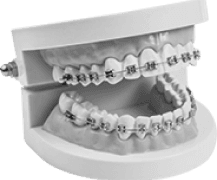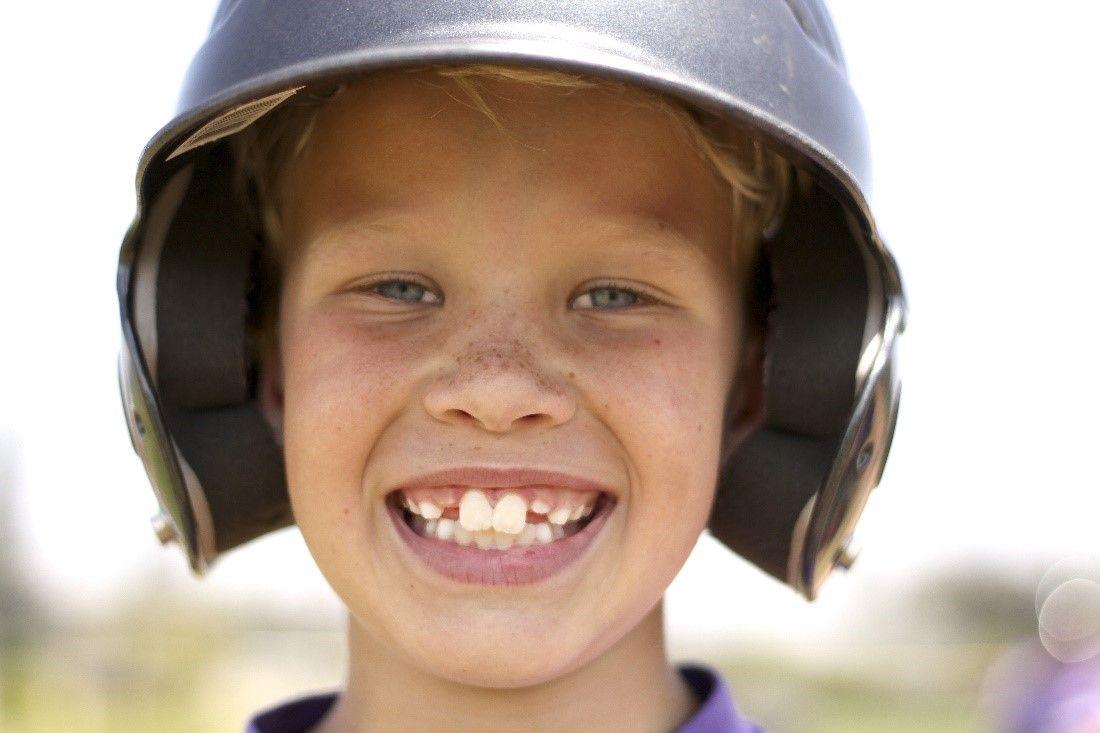MakeO blog
Typically, a baby has no visible teeth. However, did you know that underneath their gums, a baby has around 20 milk teeth which develop completely by the age of 2.5 to 3 years and eventually fall off from the age group 6 to 10 years?
Intrigued by baby teeth or as commonly referred to as milk teeth? Here is a complete guide that will tell you everything you want to know about milk teeth and how to take care of your baby’s milk teeth so that they grow up to get a beautiful smile.
What Are Milk Teeth?
Milk teeth help a baby grind, chew, or crush. Eventually, the milk teeth fall and make space for adult teeth. Wondering what is the number of milk teeth that children have?
Generally, the number of milk teeth in children is 20. Note that the timeline for the development of the 20 milk teeth in babies varies from one baby to another. Though milk teeth will eventually shed, you must take good care of them and ensure that they don’t fall prey to tooth decay.
When and Why do Milk Teeth Fall?
It all boils down to space. A baby’s milk teeth are small and can’t be used to chew and eat as an adult. Not just that, did you know that milk teeth are the reason why most babies have an adorable speech, often called the ‘baby talk’?
At the age of 6 to 10 years, all babies start to shed their milk teeth and permanent teeth appear. The new teeth are bigger and stronger and they affect the shape of the child’s face. Around the age of 12, most children no longer have milk teeth and their permanent teeth are developed completely.
Generally, this is the milk teeth falling age timeline that you must know.
Teeth type and Age
- Incisors :- 6 to 8 years old
- First molars :- 9 to 11 years old
- Canines:- 9 to 12 years old
- Second molars :- 10 to 12 years
Milk Teeth Care Tips
Maintaining good oral hygiene in babies makes it easy to instill the importance of a good oral care routine in toddlers and children. Maintaining milk teeth is just like maintaining adult teeth.
A common tooth decay caused in babies is "baby bottle tooth decay" or "nursing mouth syndrome”. This is a condition where the baby suffers tooth decay because of being frequently exposed to sugary liquids for a long period. How can you combat this problem? It’s simple. A handy milk teeth care tip is to make sure that your baby never goes to bed with a bottle containing formula or fruit juices in their mouth.
Seek immediate professional help if you feel that your baby’s dental growth is abnormal.
The Final Verdict
Remember that a decayed milk tooth can cause damage to the baby’s permanent teeth in the future. Hence, it is important that you take extra care when it comes to cleaning and maintaining your kid’s milk teeth.
After your kid is about three years old, you can consider teaching him or her how to use makeO toothsi electro which is a new-age electric toothbrush that boasts 5 cleaning modes and makes getting clean and bright teeth effortless.
makeO toothsi electro is perfect for people who are too lazy to brush their teeth for 2 minutes at least or for children who often rush up their brushing session as it is more effective in removing the plaque and tartar in between your enamel than a regular toothbrush.
makeO toothsi is your one-stop destination to shop for oral care products for you and your loved ones. We have everything you could ever need to achieve pearly white teeth, from an electric toothbrush, clear aligners, retainers to teeth whitening pen and teeth whitening gel.
FAQs
Why are milk teeth important?
Milk teeth are important as they don’t just help babies to grind and chew their food but also talk and communicate clearly.
Do all milk teeth fall out?
Yes, all milk teeth eventually fall out till the age of 10 years and no milk teeth ever become permanent teeth.
At what age do the milk teeth fall out?
The milk teeth falling age varies from one baby to another. Typically, they start to fall out around the age of 6 up to 10 or 11 years after which your kid starts developing permanent teeth.
When should milk teeth be seen by a dentist?
You should show your baby’s milk teeth to your dentist as soon as they start erupting. This will give your dentist a chance to make sure that your baby’s teeth are developing normally and that there is nothing to worry about.
Can children use an electric toothbrush?
After they turn three years old, you can give your children an electric toothbrush to clean their teeth. We recommend that you monitor them while they brush their teeth during the initial period so that you can ensure that they are doing it right.
related categories
Related articles
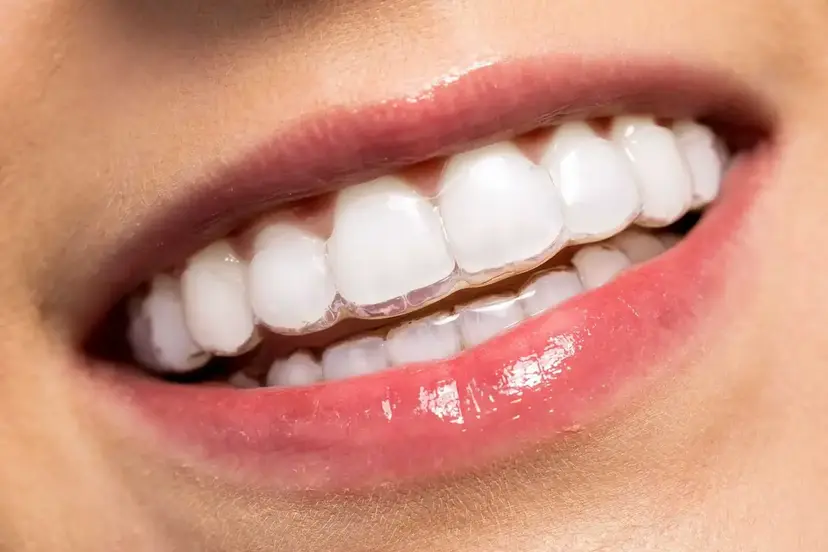
Types of Braces: Removable vs Fixed Braces, Which is Right For You?
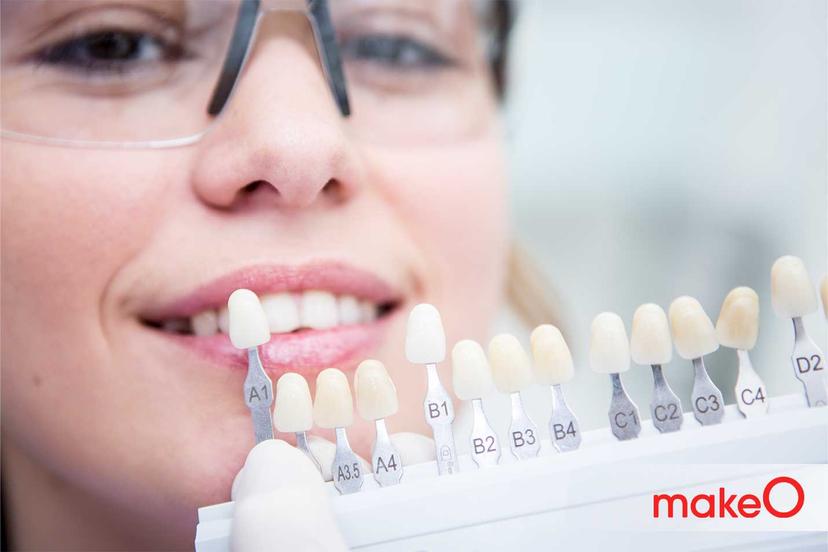
This Diwali, Smile Bright With makeO Teeth Whitening Kit
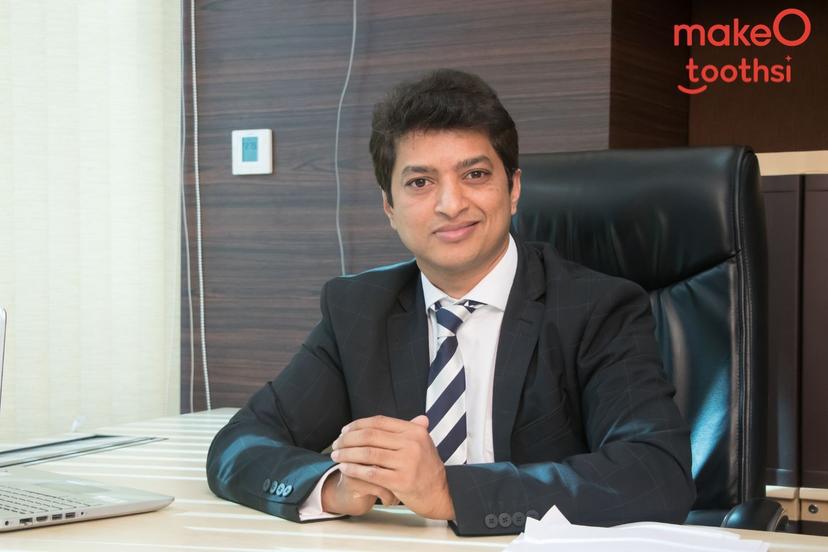
Dr. Pravin Shetty: Pioneer in Lingual Orthodontics & Innovative Smile Solutions
How do I Know I’m the Right Candidate for makeO toothsi Teeth Aligners?
